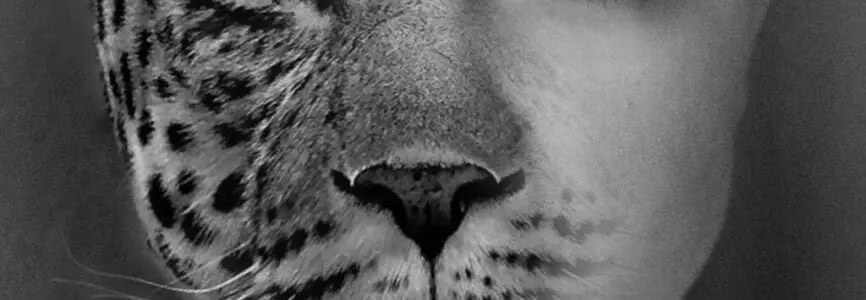Hastings Center News
Yes, We’re Animals: Why We Should Face Up to This Reality Now
In an age of new biotechnologies, from gene editing to neural enhancement, is there a tension in the idea that humans have special value because they’re somehow different or exceptional in nature? Dwelling on the idea that there’s something extraordinary about being human – and ignoring our kinship with life on our planet – is becoming a problem, says Melanie Challenger, an award-winning British writer and a member of the Nuffield Council on Bioethics who has been a visiting scholar at The Hastings Center in November.
Challenger is finishing her book, How to Be Animal: A New History of What It Means to Be Human, scheduled for publication in 2020. In it she argues that we profoundly struggle with facing up to the fact that we are animals and asserts that this struggle could thwart our ability to understand and steer the new developments that will define our future. At a time when technologies such as artificial intelligence are poised to reshape what it means to be human, Challenger believes that it is more important than ever for us to understand our reality as organisms and our connection to the rest of life on Earth.
Her book makes the case that our struggle with “being animal” is at the heart of our psychology and “examines the wide-ranging ways in which it affects our lives, from our politics to the ways we distance ourselves from other species.” She ultimately calls upon humans to acknowledge and even celebrate our reality. What’s at stake if we don’t is our understanding of what constitutes life and how and why it matters.
Challenger discussed her ideas at a presentation and discussion with researchers and staff at The Hastings Center this week.

